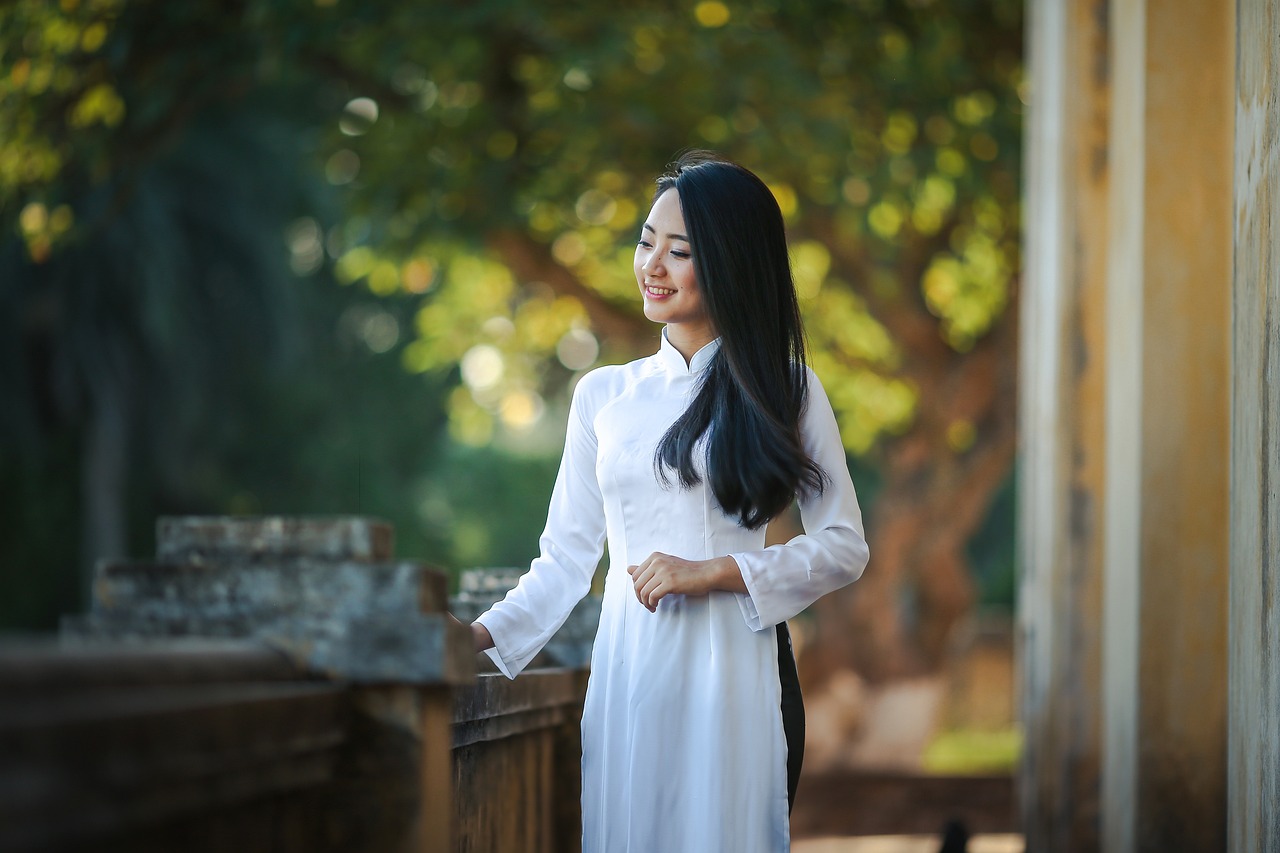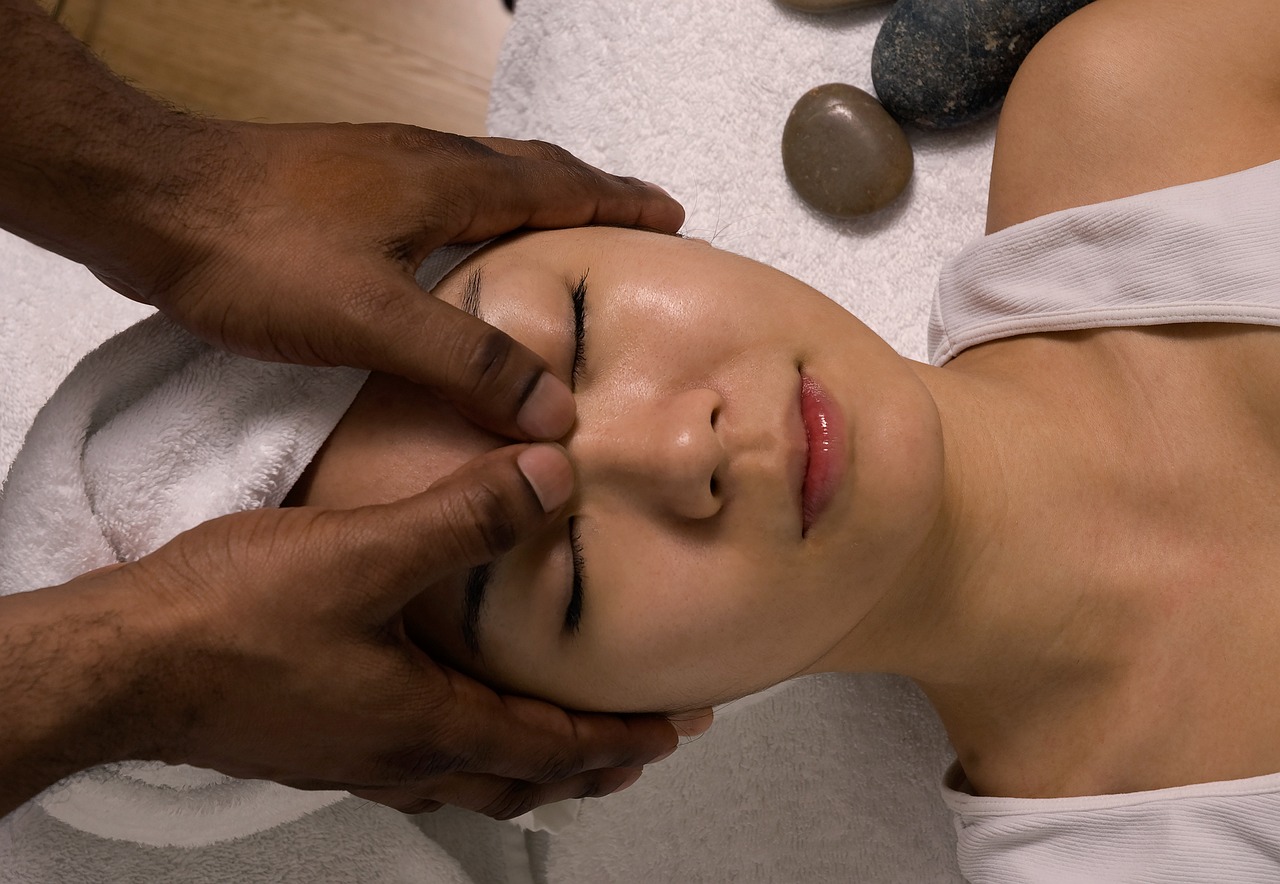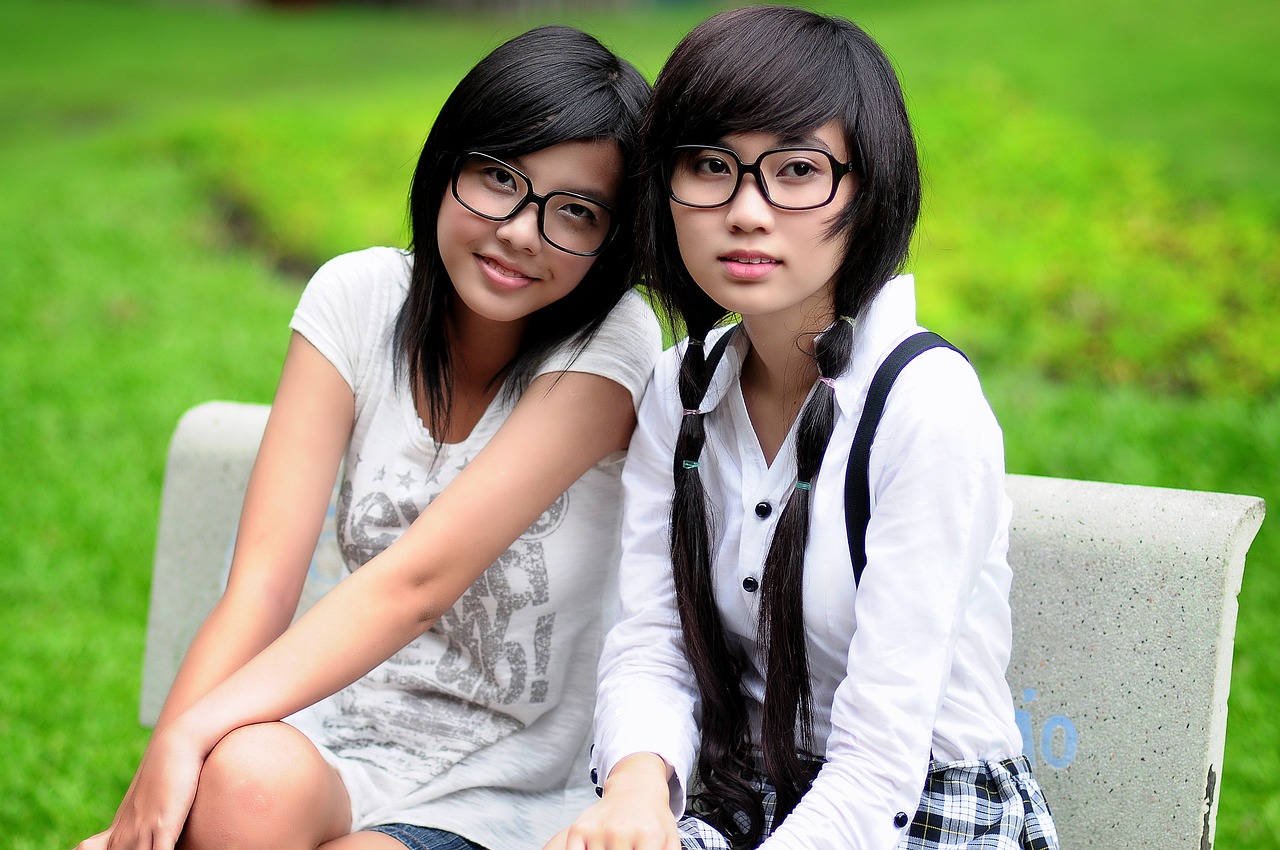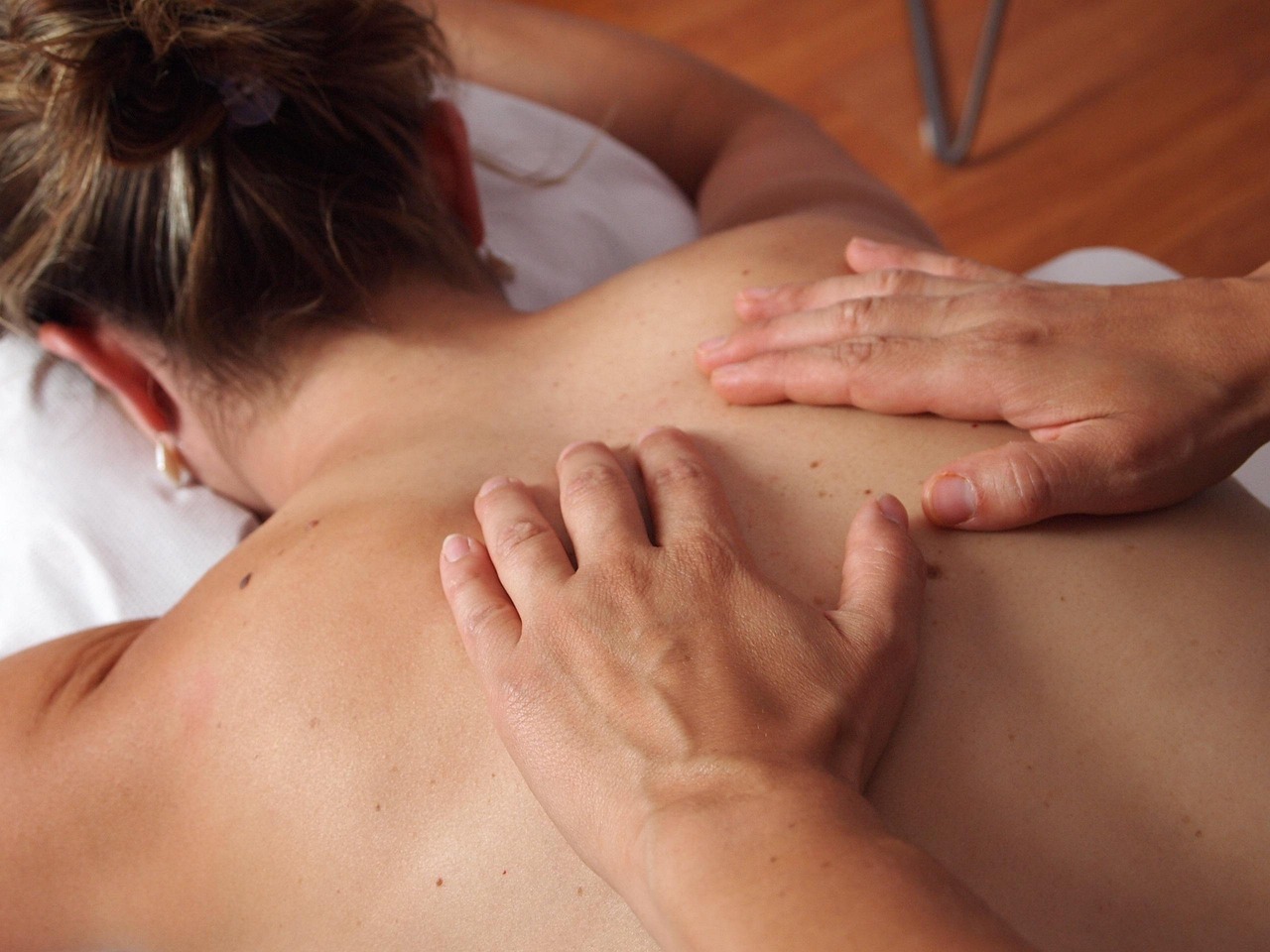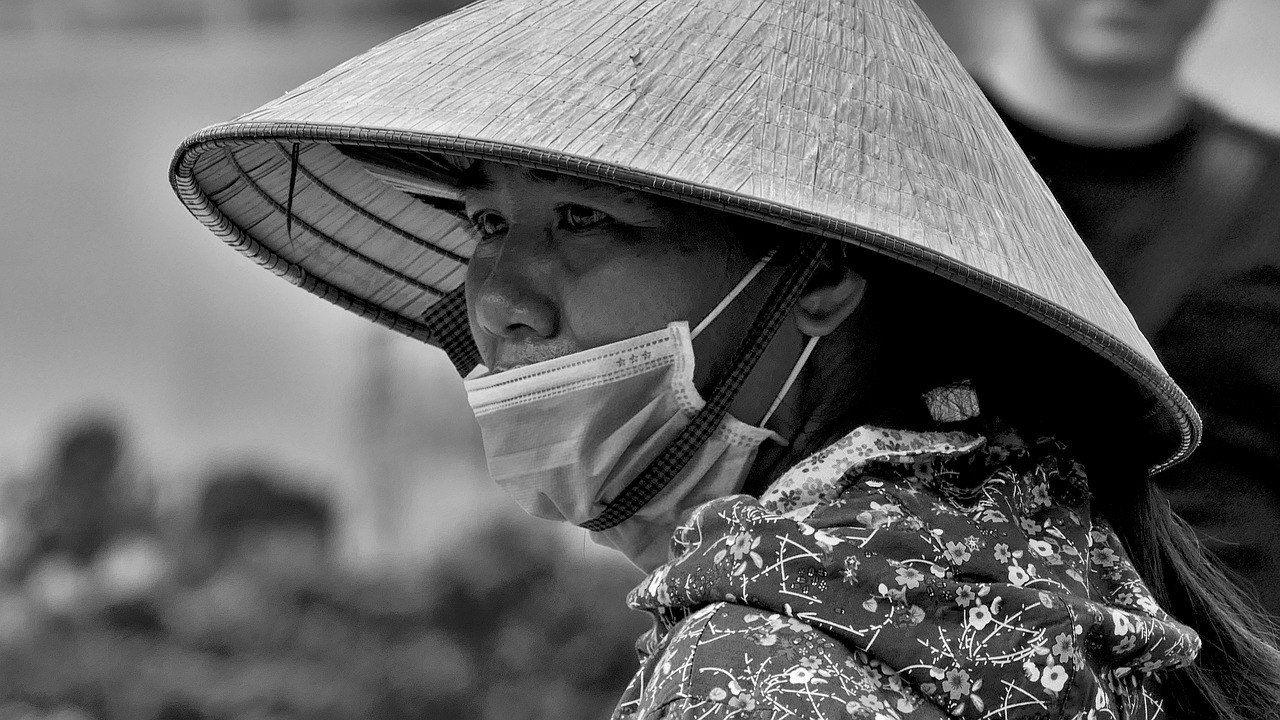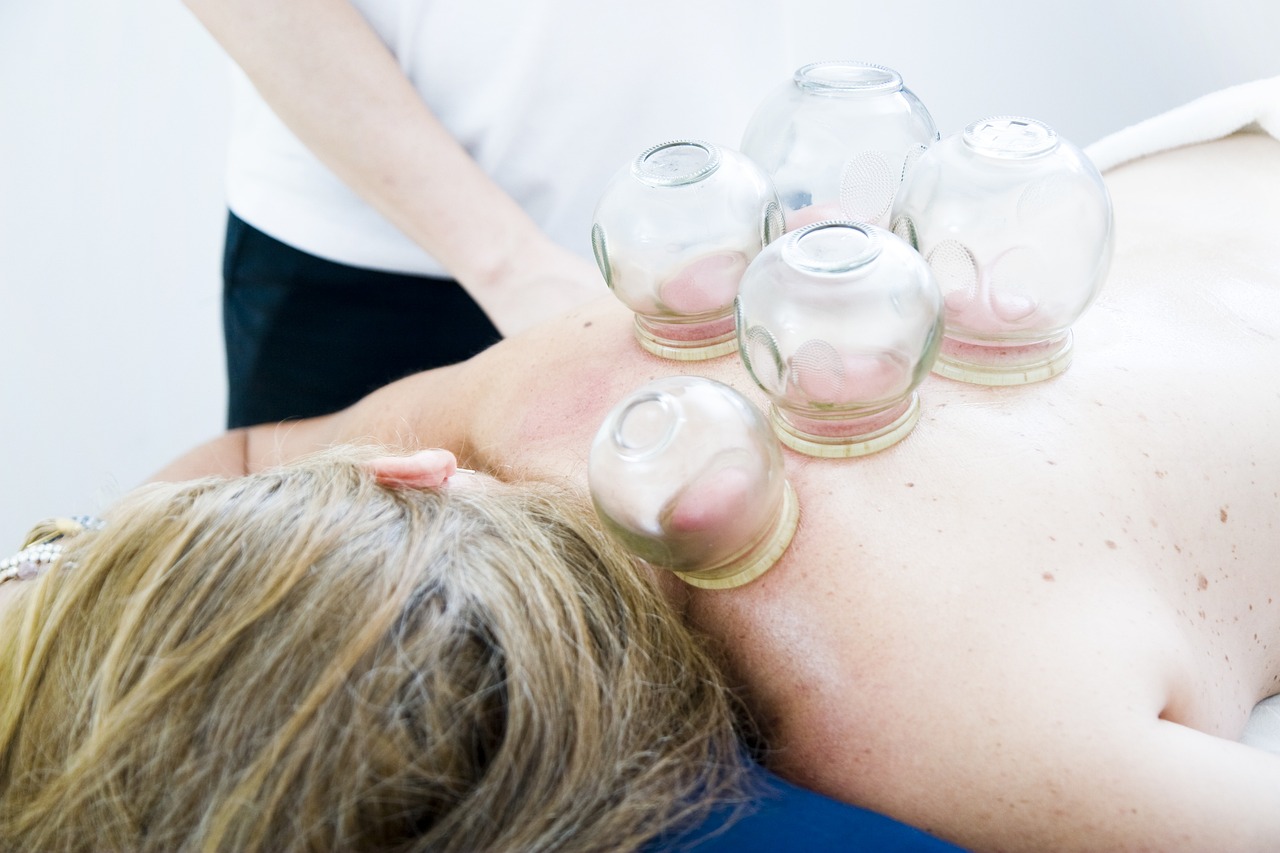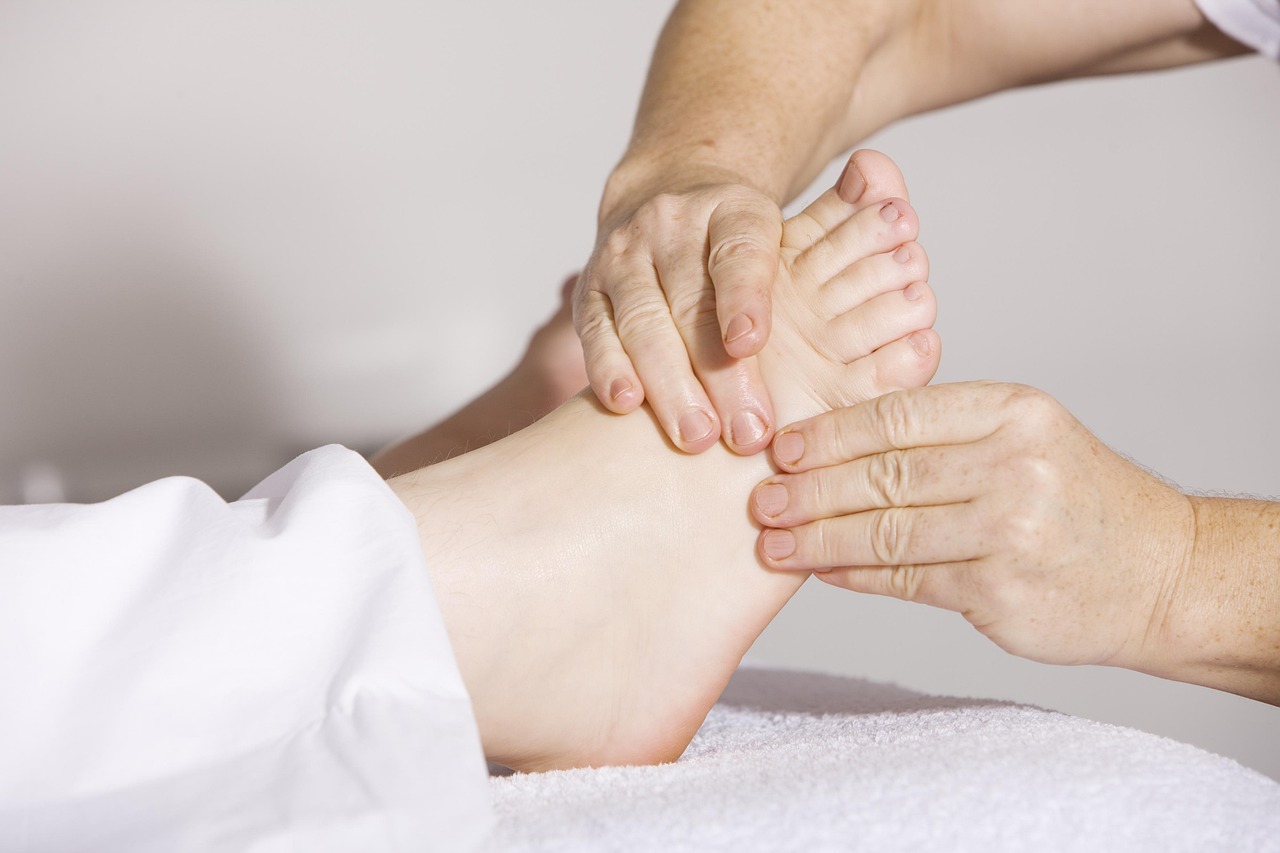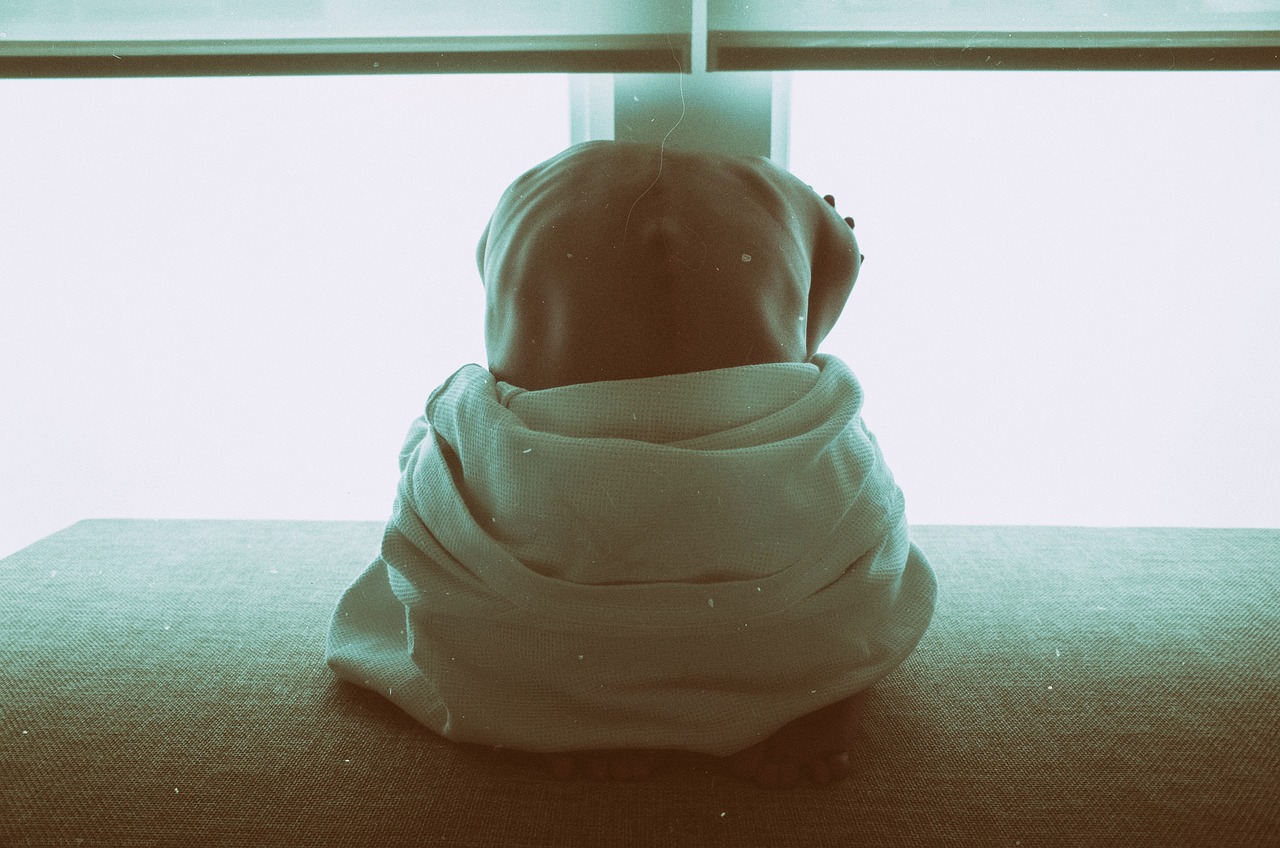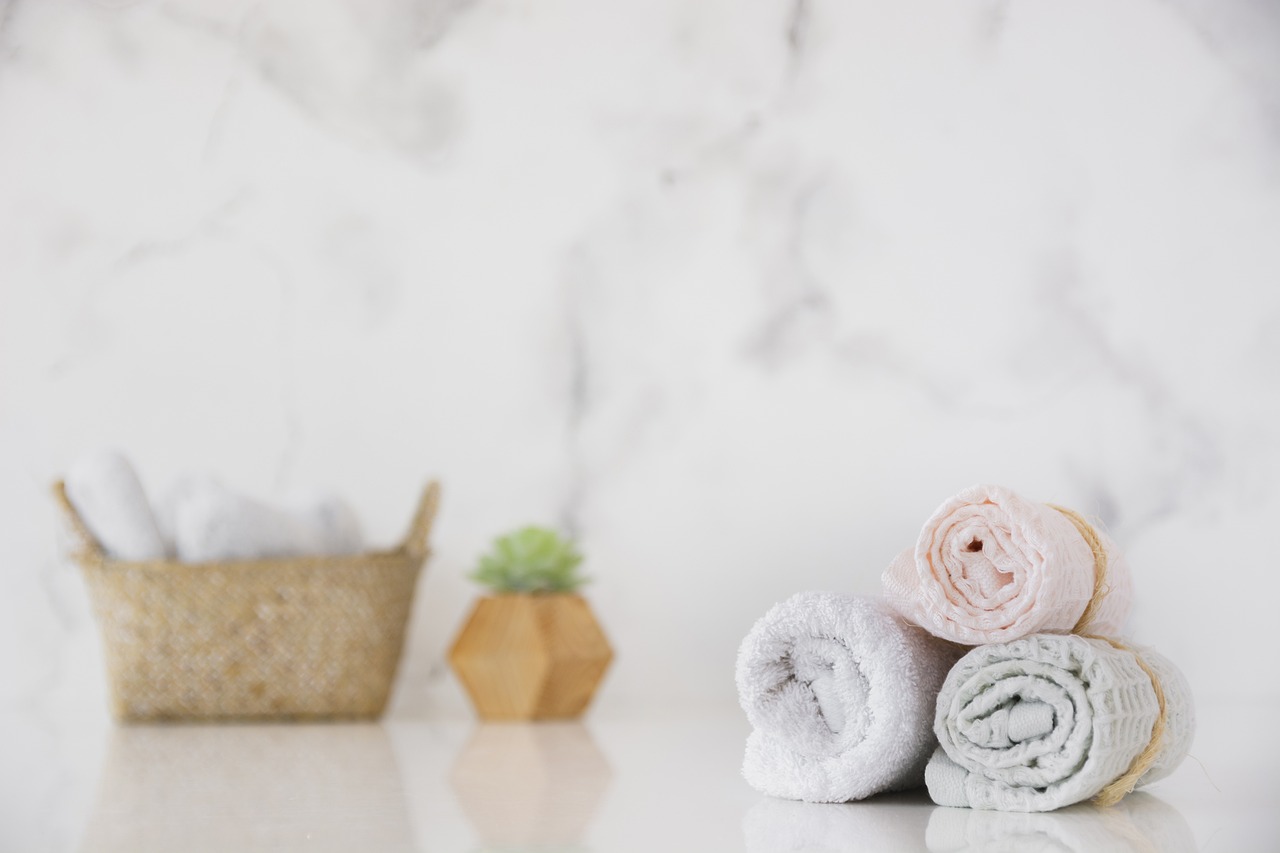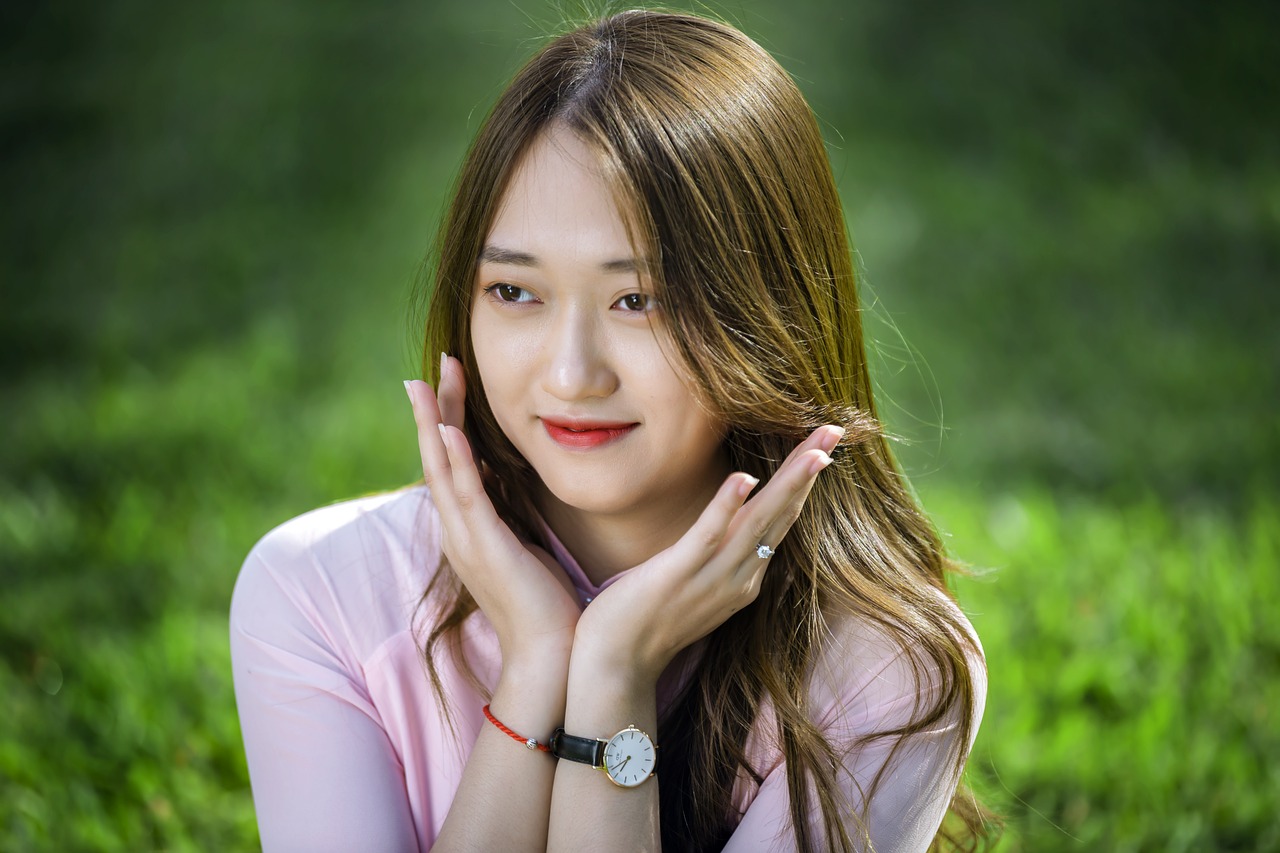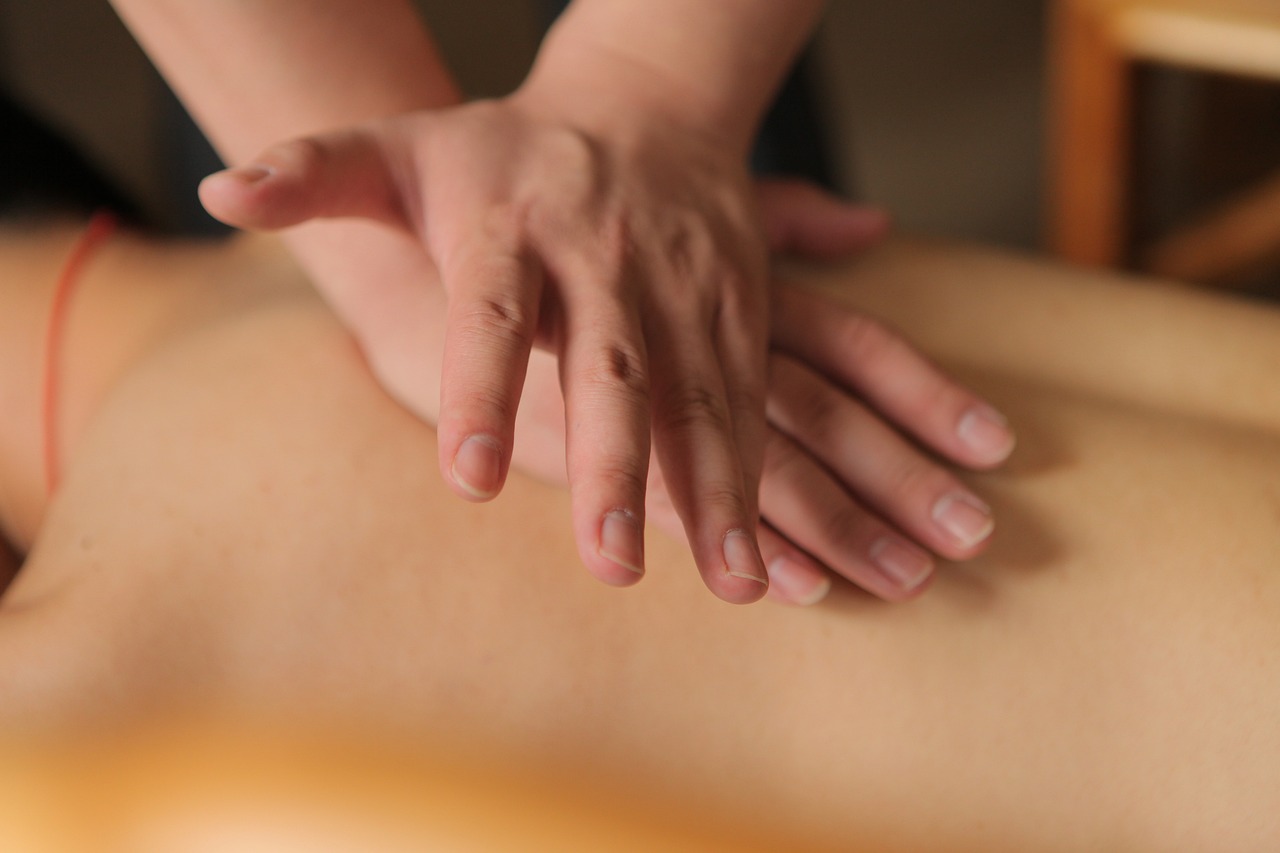Discover the finest Asian massage centers in Portland, where traditional techniques harmoniously blend with modern relaxation practices. These centers offer a variety of services designed to enhance your overall well-being. Whether you are seeking stress relief, pain management, or simply a moment of tranquility, Portland’s Asian massage establishments have something for everyone.
What is Asian Massage?
Asian massage refers to a collection of techniques that originate from Eastern traditions, emphasizing the importance of balance and the flow of energy within the body. These practices, such as Shiatsu and Thai massage, focus on holistic healing, promoting relaxation, and improving overall health. Understanding these principles can deepen your appreciation for the art of massage.
Benefits of Asian Massage
- Physical Advantages: Asian massage techniques can lead to significant improvements in your physical health. From alleviating muscle tension to enhancing flexibility, these methods target various bodily systems.
- Mental Wellness: The mental health benefits are equally profound. Regular sessions can help reduce anxiety, improve focus, and foster emotional balance.
Popular Asian Massage Techniques
- Shiatsu Massage: This Japanese technique utilizes finger pressure along energy pathways, promoting relaxation and healing.
- Thai Massage: Known for its combination of stretching and deep tissue manipulation, Thai massage enhances flexibility and encourages relaxation.
Top Asian Massage Centers in Portland
- Zen Healing: Renowned for its peaceful environment and skilled therapists, Zen Healing offers personalized experiences tailored to individual needs.
- Lotus Wellness Center: This center specializes in holistic treatments, integrating various Asian techniques to provide a comprehensive wellness experience.
What to Expect During Your Visit
- Consultation Process: A detailed consultation is crucial for customizing your massage experience. Be prepared to share your health history and specific areas of concern.
- Aftercare Tips: To maximize the benefits of your massage, follow aftercare recommendations, such as staying hydrated and engaging in gentle stretching.
With a wealth of options available, exploring Portland’s Asian massage centers can lead to a rejuvenating experience that nurtures both body and mind.

What is Asian Massage?
Asian massage is a rich tapestry of techniques that have evolved over centuries, deeply embedded in Eastern philosophies. These practices prioritize the balance of energy within the body, focusing on the flow of Qi (or Chi), which is believed to be the vital life force. By harmonizing this energy, Asian massage aims to foster holistic healing, addressing not only physical ailments but also emotional and spiritual well-being.
At the core of Asian massage is the principle of holistic healing. This approach recognizes that the mind, body, and spirit are interconnected. Techniques such as acupressure and Shiatsu utilize targeted pressure on specific points to stimulate energy pathways, promoting relaxation and alleviating stress. By engaging with these energy channels, practitioners can help restore balance and enhance overall health.
Another essential aspect of Asian massage is its emphasis on mindfulness and presence. Practitioners often guide clients through breathing exercises and meditative practices, which can deepen the relaxation experience and enhance the effects of the massage. This mindfulness component encourages individuals to connect with their bodies, fostering a greater awareness of physical sensations and emotional states.
Asian massage techniques also vary widely, with each tradition offering unique methodologies and benefits. For instance, Thai massage incorporates yoga-like stretches, while Tui Na focuses on rhythmic compression and manipulation of soft tissues. These diverse approaches cater to different needs and preferences, allowing individuals to find the style that resonates most with them.
In essence, Asian massage is not just about physical manipulation; it is a comprehensive approach to wellness that promotes relaxation, energy flow, and holistic healing. By understanding its principles and practices, individuals can embark on a journey towards improved health and well-being.
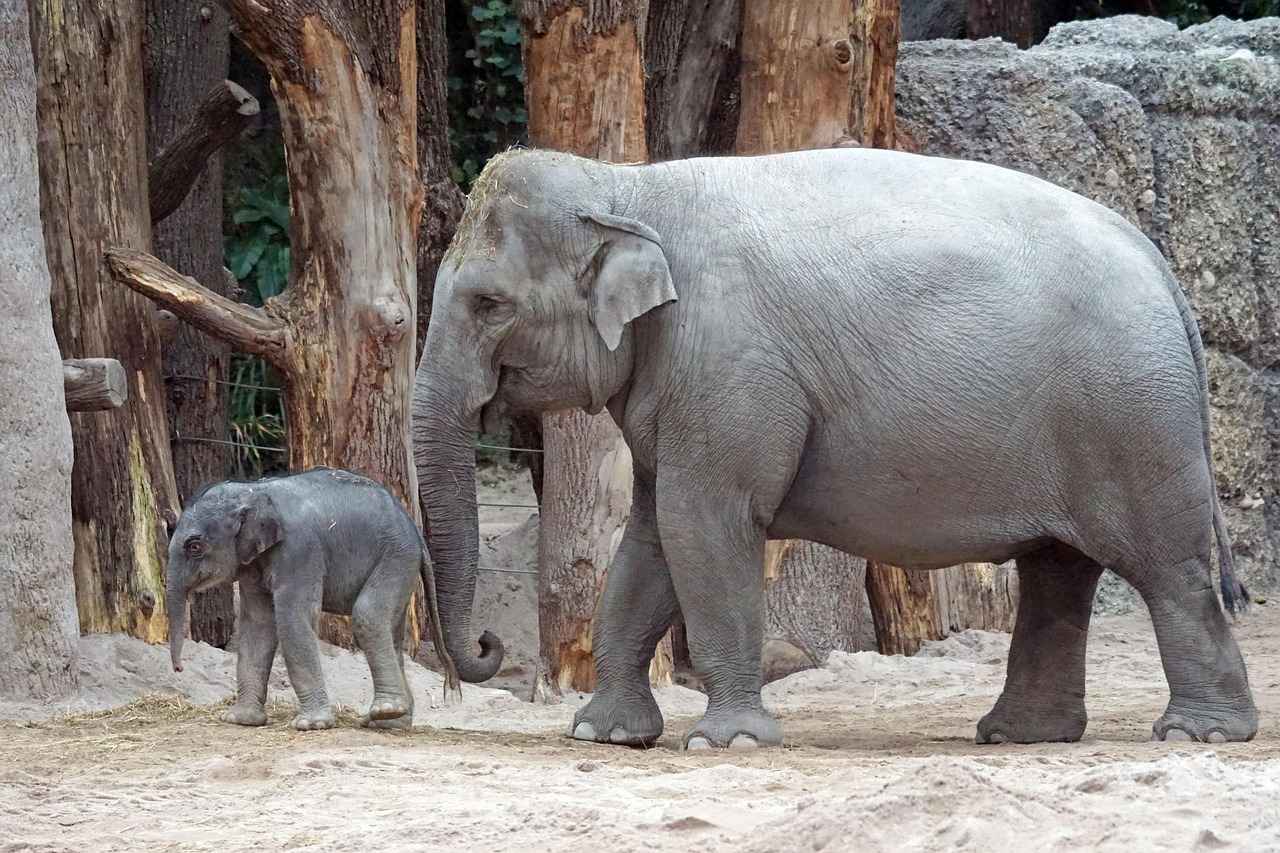
Benefits of Asian Massage
Asian massage is not just a luxurious indulgence; it is a profound practice that offers a multitude of physical and mental health benefits. This ancient art form, rooted in Eastern traditions, focuses on harmonizing the body and mind, leading to enhanced overall well-being. Below, we explore the key benefits of Asian massage, shedding light on how these techniques contribute to rejuvenation and vitality.
- Stress Reduction: One of the most significant benefits of Asian massage is its ability to alleviate stress. Techniques such as Shiatsu and Thai massage employ rhythmic movements and gentle pressure that help in releasing tension from the muscles, promoting a sense of calm and relaxation.
- Improved Circulation: Enhanced blood flow is essential for maintaining optimal health. Asian massage techniques stimulate circulation, ensuring that oxygen and nutrients are effectively delivered to the body’s tissues. This not only aids in recovery from injuries but also boosts overall energy levels.
- Enhanced Flexibility: Regular sessions can lead to improved flexibility and range of motion. The stretching techniques used in various Asian massage styles help in loosening tight muscles and joints, making it easier to perform daily activities and reducing the risk of injury.
- Pain Relief: Many individuals seek Asian massage for its therapeutic effects on chronic pain conditions. Techniques like Tui Na target specific pressure points to alleviate discomfort in areas such as the back, neck, and shoulders.
- Mental Clarity: Beyond physical benefits, Asian massage also positively impacts mental health. The relaxation induced during a session can lead to clearer thinking and improved concentration, helping individuals feel more focused and productive.
- Emotional Balance: The holistic approach of Asian massage encourages emotional healing. By addressing both physical and emotional stressors, these techniques can promote a balanced state of mind, reducing anxiety and fostering a sense of well-being.
Incorporating Asian massage into your wellness routine can lead to profound benefits, making it a valuable practice for both body and mind. Whether you are seeking relief from stress or simply looking to enhance your overall health, these time-honored techniques offer a pathway to rejuvenation.
Physical Benefits
Asian massage techniques have been revered for centuries, not only for their ability to promote relaxation but also for their profound on the body’s muscular and skeletal systems. These traditional practices offer a holistic approach to wellness, addressing various physical ailments and enhancing overall body function.
- Pain Relief: Many individuals seek out Asian massage to alleviate chronic pain conditions, such as back pain, neck tension, and joint discomfort. Techniques like Shiatsu and Tui Na apply targeted pressure to specific points, helping to release muscle tightness and reduce inflammation.
- Improved Posture: Regular sessions can significantly enhance posture by addressing misalignments and muscle imbalances. By focusing on the back, shoulders, and neck, Asian massage techniques promote proper alignment and muscle relaxation, leading to a more balanced stance.
- Enhanced Flexibility: Techniques such as Thai massage incorporate stretching and deep tissue manipulation, which can improve flexibility and range of motion. This is particularly beneficial for athletes or anyone looking to maintain an active lifestyle.
- Muscle Recovery: Post-exercise muscle recovery is another critical advantage of Asian massage. The increased blood flow and lymphatic drainage help to flush out toxins and reduce muscle soreness, making it an ideal choice for athletes.
- Joint Health: Asian massage can also support joint health by improving circulation and reducing stiffness. This is especially beneficial for individuals suffering from arthritis or other joint-related issues.
- Stress Reduction: Beyond the physical, these techniques also address emotional and mental stress, which can manifest as physical tension. By promoting relaxation, Asian massage helps to release built-up stress in the muscles, further enhancing physical well-being.
In summary, the physical benefits of Asian massage extend far beyond mere relaxation. By addressing pain, improving posture, and enhancing flexibility, these techniques contribute significantly to overall health and vitality.
Stress Relief
is a significant factor driving individuals to explore the benefits of Asian massage. In today’s fast-paced world, where stress and anxiety have become commonplace, finding effective ways to unwind is essential for maintaining both mental and physical health. Asian massage techniques are designed to address these issues, offering a holistic approach to relaxation and well-being.
Various techniques employed in Asian massage, such as Shiatsu, Thai massage, and Tui Na, play a crucial role in alleviating stress. These methods focus on energy flow and muscle relaxation, helping to release built-up tension in the body. By applying pressure to specific points and using rhythmic movements, these techniques can promote a deep sense of calm and tranquility.
- Shiatsu: This Japanese technique utilizes finger pressure along energy pathways, which can help release blockages and enhance relaxation.
- Thai Massage: Combining stretching and deep tissue manipulation, this method not only reduces muscle tension but also improves flexibility, which can significantly contribute to stress relief.
- Tui Na: Often used in traditional Chinese medicine, Tui Na focuses on the body’s meridians to restore balance and alleviate stress.
Moreover, the environment in which these massages are performed greatly enhances the relaxation experience. Many Asian massage centers create serene atmospheres with calming music, soft lighting, and soothing scents that further promote a sense of peace. This holistic environment, combined with skilled therapists, allows clients to fully immerse themselves in the experience, letting go of daily worries.
In addition to the immediate effects of relaxation, regular Asian massage can lead to long-term benefits. Over time, individuals may find that their resilience to stress improves, allowing them to manage daily challenges with greater ease. This cumulative effect underscores the importance of incorporating such practices into one’s routine for sustained well-being.
Improved Circulation
When it comes to enhancing overall health, plays a vital role. In the realm of Asian massage, various techniques are specifically designed to stimulate blood flow, which in turn supports numerous bodily functions. This section delves into how these traditional practices contribute to better circulation and overall wellness.
Asian massage techniques, such as Shiatsu and Thai massage, utilize a combination of pressure, stretching, and rhythmic movements that can significantly enhance blood flow. By targeting specific pressure points and meridians, these methods help to release any blockages in the body’s energy pathways, allowing for a smoother and more efficient circulation process.
One of the primary benefits of improved circulation is the enhanced delivery of oxygen and nutrients to vital organs and tissues. This is crucial for maintaining optimal health, as it supports cellular function and aids in the removal of metabolic waste. As blood flow increases, the body can better heal itself, which is particularly beneficial for individuals recovering from injuries or managing chronic pain.
Moreover, better circulation can lead to increased energy levels and improved mental clarity. When the body is well-oxygenated, cognitive functions such as focus and memory can be significantly enhanced. This is especially important in today’s fast-paced world, where mental fatigue is common.
In addition to these benefits, Asian massage techniques also promote relaxation and stress relief. By calming the nervous system and reducing muscle tension, these practices create an optimal environment for blood flow, further supporting circulation. The holistic approach of Asian massage ensures that both the body and mind are nurtured, leading to a comprehensive sense of well-being.
In summary, the stimulation of circulation through Asian massage techniques is a powerful tool for enhancing health. By incorporating these practices into your wellness routine, you can experience not only improved physical health but also a greater sense of mental clarity and emotional balance.
Mental Benefits
The mental benefits of Asian massage are profound and multifaceted, playing a crucial role in enhancing overall well-being. Many individuals seeking relaxation and stress relief often overlook the significant mental advantages that these ancient practices offer. In this section, we will delve into how Asian massage techniques can enhance mental clarity, reduce anxiety, and promote emotional balance.
One of the key mental benefits of Asian massage is its ability to enhance mental clarity. By promoting relaxation and reducing stress, these techniques allow individuals to experience a clearer mind. When the body is relaxed, the mind can focus better, leading to improved decision-making and creativity. Techniques such as Shiatsu and Thai massage not only relieve physical tension but also create a serene environment that fosters mental acuity.
Moreover, Asian massage is highly effective in reducing anxiety. The calming touch and rhythmic movements involved in these practices stimulate the parasympathetic nervous system, which helps to lower the heart rate and reduce feelings of anxiety. Regular sessions can help individuals develop coping mechanisms for anxiety, allowing them to face daily challenges with a more composed mindset.
In addition to clarity and anxiety relief, Asian massage promotes emotional balance. Many techniques focus on the body’s energy pathways, helping to release blocked energy that can lead to emotional distress. By restoring balance to both the body and mind, individuals often find themselves experiencing improved mood and emotional resilience. This holistic approach not only addresses physical discomfort but also nurtures mental and emotional health.
In summary, the mental advantages of Asian massage are integral to its overall effectiveness. By enhancing mental clarity, reducing anxiety, and promoting emotional balance, these practices contribute significantly to a person’s quality of life. Engaging in regular sessions can lead to lasting benefits that extend beyond the massage room, positively impacting daily life and overall wellness.

Popular Asian Massage Techniques
When it comes to relaxation and holistic healing, Asian massage techniques offer a diverse range of methods, each with its own unique approach and benefits. This section delves into some of the most popular techniques, highlighting their distinct characteristics and therapeutic effects.
- Shiatsu Massage:
Shiatsu is a traditional Japanese massage that utilizes finger pressure on specific points along the body’s energy pathways, known as meridians. Practitioners apply pressure using their fingers, palms, and even elbows to stimulate energy flow and promote healing. This technique is known to alleviate stress, reduce muscle tension, and enhance overall well-being.
- Thai Massage:
Thai massage is a unique blend of stretching and deep tissue manipulation. This technique incorporates yoga-like stretches and acupressure, which helps improve flexibility and relieve muscle tension. Practitioners often use their body weight to apply pressure, making it an invigorating experience that enhances mobility and promotes relaxation.
- Tui Na:
Tui Na is a Chinese therapeutic massage that focuses on restoring balance to the body’s energy system. It involves a variety of techniques, including kneading, rolling, and pressing, aimed at stimulating acupressure points. Tui Na is effective for treating various conditions, such as chronic pain, digestive issues, and stress-related disorders.
- Acupressure:
Similar to acupuncture, acupressure involves applying pressure to specific points on the body to relieve tension and promote healing. This technique can be performed on oneself or by a practitioner, making it versatile for various situations. Acupressure helps alleviate headaches, reduce anxiety, and improve sleep quality.
Each of these techniques offers a unique approach to massage therapy, catering to different needs and preferences. Whether you seek relaxation, pain relief, or improved flexibility, exploring these Asian massage methods can significantly enhance your well-being.
Shiatsu Massage
is a traditional Japanese technique that emphasizes the application of finger pressure on specific points along the body’s energy pathways, known as meridians. This practice is rooted in the principles of traditional Chinese medicine and aims to restore the body’s natural balance and promote overall well-being.
During a Shiatsu session, clients can expect a holistic approach to their health. The therapist uses their fingers, palms, and sometimes elbows to apply pressure to various points, facilitating the flow of qi (energy) throughout the body. This technique not only focuses on physical tension but also addresses emotional and mental blockages, making it a comprehensive healing experience.
Benefits of Shiatsu Massage
- Stress Reduction: One of the primary benefits of Shiatsu is its ability to alleviate stress. The rhythmic pressure applied during the massage helps to calm the nervous system, allowing individuals to unwind and relax.
- Pain Relief: Shiatsu can effectively relieve various types of pain, including headaches, back pain, and joint discomfort. By targeting specific pressure points, the technique helps to release tension and promote relaxation in the affected areas.
- Improved Flexibility: Regular Shiatsu sessions can enhance flexibility and range of motion. The stretching and manipulation involved in this technique help to loosen tight muscles and improve overall mobility.
- Emotional Balance: Shiatsu is known to promote emotional well-being by addressing the mind-body connection. Many clients report feeling more centered and balanced after a session.
During a typical Shiatsu session, the therapist will first conduct a brief consultation to understand the client’s specific needs and any areas of concern. The session usually lasts between 60 to 90 minutes, during which clients remain fully clothed, as Shiatsu is performed on a mat or futon. It is important to communicate openly with the therapist about any discomfort or preferences throughout the session to ensure a tailored experience.
In summary, Shiatsu massage is a profound practice that offers numerous benefits for both the body and mind. Whether you are seeking relief from physical tension, emotional balance, or simply a moment of tranquility, Shiatsu can be a valuable addition to your wellness routine.
Thai Massage
is a unique and ancient practice that combines elements of yoga, acupressure, and deep tissue manipulation to promote both physical and mental well-being. This hands-on technique involves a series of stretches and rhythmic movements that not only enhance flexibility but also facilitate relaxation and rejuvenation. Unlike traditional massages that typically focus on muscle manipulation, Thai massage encourages the flow of energy throughout the body, aligning with the principles of traditional Thai medicine.
The techniques employed in Thai massage are diverse and intricate. Practitioners utilize their hands, feet, elbows, and knees to apply pressure along the body’s energy lines, known as sena. This approach helps release tension and blockages, promoting a sense of balance and harmony. As clients are guided through a series of stretches, they may find themselves in various postures that resemble yoga poses, enhancing their overall flexibility and mobility.
One of the most significant therapeutic effects of Thai massage is its ability to alleviate muscle stiffness and pain. By working deeply into the muscles and connective tissues, this technique can help reduce chronic pain and improve posture. Additionally, the stretching component of Thai massage can lead to increased range of motion, making it particularly beneficial for athletes or those with physically demanding lifestyles.
Moreover, the deep relaxation achieved during a Thai massage session can have profound effects on mental health. Many individuals report a reduction in stress and anxiety levels, as the combination of physical manipulation and mindful breathing promotes a state of calmness. This holistic approach not only addresses physical ailments but also nurtures emotional well-being, making Thai massage a comprehensive treatment for those seeking to enhance their overall quality of life.
In summary, Thai massage is more than just a physical treatment; it is a holistic experience that fosters both physical and mental wellness. With its unique blend of stretching and deep tissue techniques, it offers numerous benefits that contribute to a healthier, more balanced lifestyle.
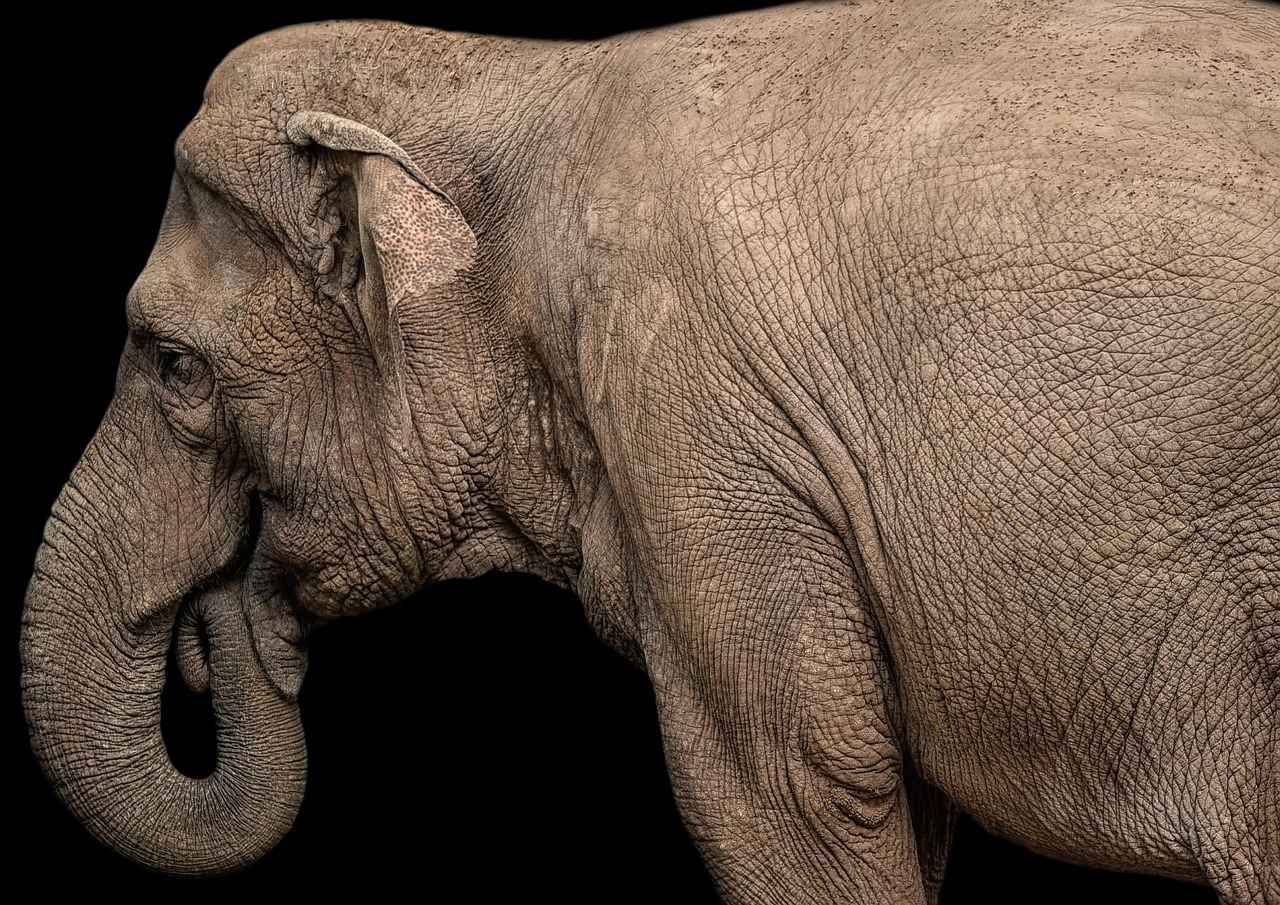
Top Asian Massage Centers in Portland
Portland is a vibrant city that embraces a rich tapestry of cultures, and this diversity is beautifully reflected in its array of Asian massage centers. Whether you are seeking relaxation, therapeutic relief, or a unique wellness experience, Portland’s top Asian massage spots offer something for everyone. Below is a curated list of the best centers where you can immerse yourself in authentic Asian massage techniques.
- Zen Healing
Located in the heart of Portland, Zen Healing is renowned for its serene atmosphere and skilled practitioners. The center specializes in a variety of Asian massage techniques, including Shiatsu and Tui Na, ensuring a personalized experience tailored to your needs. Customers rave about the calming ambiance and the expertise of the therapists, making it a must-visit for anyone looking to unwind.
- Lotus Wellness Center
At Lotus Wellness Center, holistic healing takes center stage. This center combines various Asian massage styles to provide a comprehensive approach to wellness. From traditional Thai massage to calming aromatherapy sessions, the offerings are designed to rejuvenate both body and mind. The friendly staff and tranquil environment enhance the overall experience, making it a favorite among locals.
- Harmony Massage
Harmony Massage prides itself on creating a balanced and nurturing space for clients. They offer a range of services, including deep tissue and reflexology, focusing on both relaxation and therapeutic relief. The center’s commitment to client satisfaction and well-being is evident in the personalized care provided by their experienced therapists.
- Healing Touch Spa
This spa is known for its luxurious treatments and exceptional customer service. Healing Touch Spa offers a variety of Asian massage techniques, including hot stone massage and cupping therapy. Clients often highlight the calming environment and the attention to detail in every treatment, making it an ideal choice for those looking to indulge in a pampering experience.
Each of these centers not only provides exceptional massage services but also embodies the essence of Asian wellness traditions. Whether you are a resident or just visiting, exploring these top spots in Portland will surely enhance your relaxation journey.
Zen Healing
stands out as a premier destination for those seeking a serene escape from the hustle and bustle of daily life. Nestled in a peaceful corner of Portland, this center is renowned for its tranquil environment and a team of highly skilled therapists who are dedicated to providing exceptional care.
Upon entering Zen Healing, clients are immediately enveloped in a calming atmosphere that promotes relaxation. The soothing decor, combined with soft lighting and gentle music, creates an ambiance that is conducive to healing. This space is designed not only for physical rejuvenation but also for mental clarity and emotional balance, aligning perfectly with the principles of Asian massage.
Zen Healing offers a variety of unique treatments that cater to individual needs. Clients can choose from traditional techniques such as Shiatsu and Thai massage, each tailored to enhance energy flow and promote holistic wellness. The therapists at Zen Healing are not just practitioners; they are artists in their craft, using their extensive knowledge to customize each session based on the client’s specific requirements.
Customer experiences at Zen Healing have consistently highlighted the personalized approach and the effectiveness of the treatments. Many clients report significant improvements in their physical and mental well-being after their sessions. The therapists take the time to listen to their clients, ensuring that every treatment is both effective and enjoyable.
Furthermore, Zen Healing places a strong emphasis on aftercare, providing clients with practical tips on how to maintain their relaxation and prolong the benefits of their massage. This holistic approach not only enhances the immediate effects of the treatment but also encourages a long-term commitment to wellness.
In conclusion, Zen Healing is more than just a massage center; it is a sanctuary for those seeking to restore balance and harmony in their lives. With its unique offerings and commitment to customer satisfaction, it is undoubtedly a top choice for anyone looking to experience the profound benefits of Asian massage in Portland.
Lotus Wellness Center
At the , guests are welcomed into a serene and tranquil environment designed to promote relaxation and healing. This center stands out as a premier destination for those seeking holistic treatments that integrate various traditional Asian massage techniques. The atmosphere is peaceful, with calming colors, soft lighting, and soothing sounds that enhance the overall experience.
The services offered at the Lotus Wellness Center are diverse, catering to a wide range of needs and preferences. Clients can choose from a variety of massage styles, including Shiatsu, Thai massage, and Tui Na. Each technique is performed by skilled therapists who are trained in the art of these ancient practices, ensuring that every session is tailored to the individual’s unique requirements.
One of the center’s highlights is its emphasis on personalized care. Before each session, clients undergo a thorough consultation where therapists assess their physical and emotional needs. This process allows the therapists to customize the treatment, focusing on specific areas of tension or discomfort, thereby maximizing the benefits of the massage.
In addition to traditional massage techniques, the Lotus Wellness Center also offers complementary therapies such as aromatherapy and acupressure. These therapies are designed to enhance the massage experience, promoting deeper relaxation and a greater sense of well-being. The center’s commitment to holistic health means that every aspect of the treatment is considered, from the choice of essential oils to the pressure applied during the massage.
Clients often leave the Lotus Wellness Center feeling rejuvenated and balanced, with many reporting significant improvements in their physical and mental health. The combination of expert techniques and a nurturing environment creates a unique retreat where wellness is the ultimate goal.
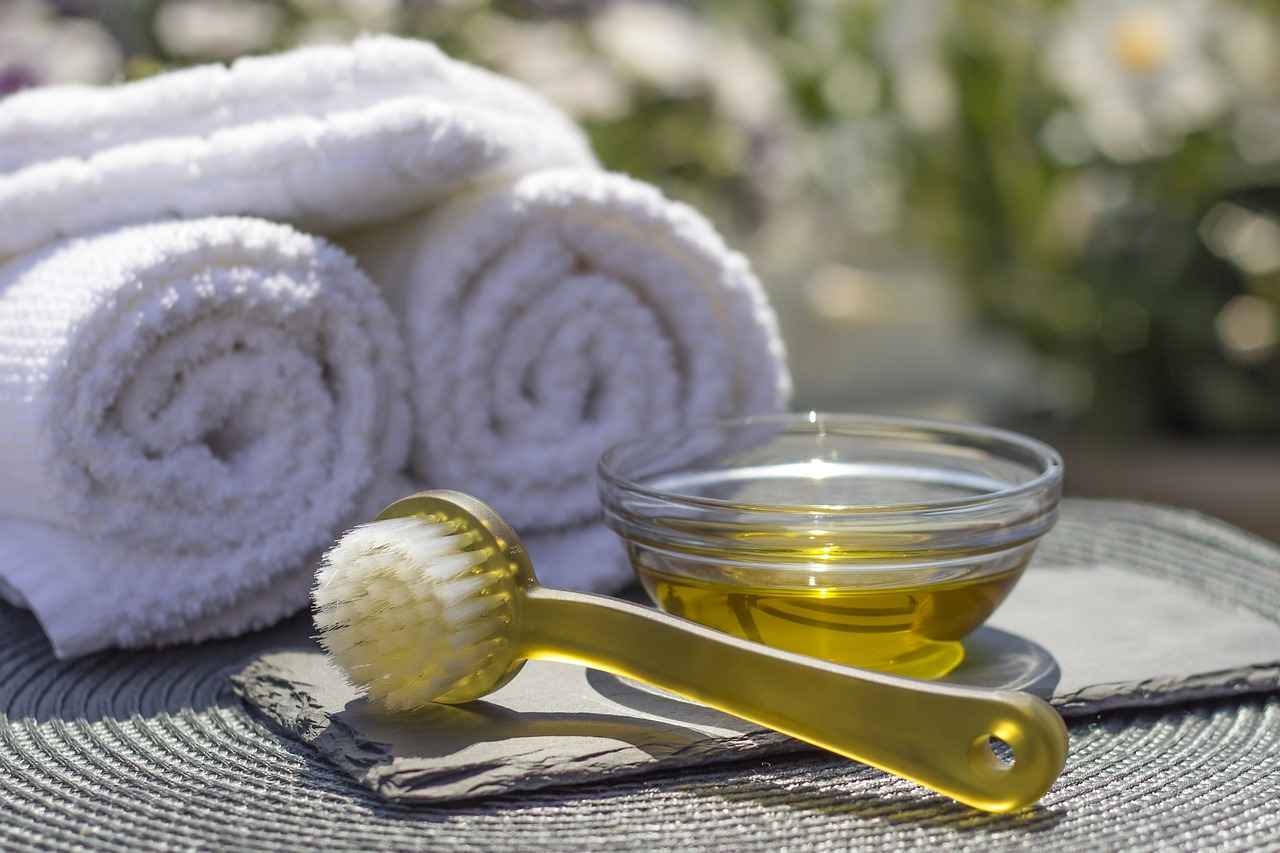
What to Expect During Your Visit
When preparing for your Asian massage experience, understanding the process can significantly enhance your visit. This section provides a comprehensive overview of what to expect, ensuring you feel comfortable and informed from the moment you arrive.
Consultation Process
Upon arrival at the massage center, you will typically begin with a consultation. This crucial step allows the therapist to understand your specific needs and preferences. During this time, you may be asked about:
- Your health history
- Any areas of discomfort or tension
- Your preferred massage techniques
- Any allergies or sensitivities
This information helps the therapist tailor the session to your individual requirements, ensuring a personalized experience that addresses your concerns effectively.
The Massage Experience
Once the consultation is complete, you will be guided to a private room where you can relax. The massage typically begins with you lying on a comfortable table, and the therapist will use various techniques depending on your chosen style, such as Shiatsu or Thai massage. Expect a combination of pressure, stretching, and gentle manipulation of muscles. Communication with your therapist during the session is encouraged to ensure the pressure and techniques are to your liking.
Aftercare Tips
After your massage, it’s essential to take care of yourself to maximize the benefits. Here are some practical tips:
- Stay hydrated by drinking plenty of water.
- Rest and avoid strenuous activities for the remainder of the day.
- Consider applying heat or cold to any sore areas if recommended by your therapist.
- Practice deep breathing or gentle stretching to maintain relaxation.
By following these aftercare tips, you can prolong the benefits of your massage, helping you feel rejuvenated and balanced.
Consultation Process
When embarking on your journey to experience an Asian massage, the plays a pivotal role in ensuring that the treatment aligns perfectly with your individual needs. This initial step is not just a formality; it is an opportunity for you and your therapist to engage in a meaningful dialogue about your health and wellness.
During the consultation, you should be prepared to share essential information that will guide your treatment. This includes:
- Medical History: Inform your therapist about any pre-existing conditions, injuries, or surgeries. Conditions such as arthritis, hypertension, or past injuries can significantly influence the type of massage techniques that are safe and effective for you.
- Current Health Status: Mention any current ailments, pain levels, or stress factors. Understanding your current physical and emotional state allows the therapist to customize the session to address your specific issues.
- Goals for the Session: Clearly communicate what you hope to achieve from the massage. Whether it’s relaxation, pain relief, or increased flexibility, your goals will help shape the treatment plan.
- Preferences and Comfort: Discuss any preferences regarding pressure levels, specific areas to focus on, or areas to avoid. Your comfort is paramount, and your therapist should be aware of your boundaries.
This comprehensive exchange of information not only fosters a personalized experience but also enhances the effectiveness of the treatment. Your therapist can utilize various techniques, such as Shiatsu or Thai massage, tailored to your specific needs, ensuring that you receive the maximum benefits from your session.
Ultimately, the consultation process is a collaborative effort that empowers you to take an active role in your wellness journey. By providing detailed insights into your health and preferences, you allow your therapist to create a massage experience that is truly transformative.
Aftercare Tips
After indulging in a rejuvenating Asian massage, the journey towards relaxation does not end. Post-massage care is essential for maximizing the benefits gained during your session. By following a few practical tips, you can extend the effects of your massage and maintain a state of tranquility long after leaving the massage center.
- Stay Hydrated: One of the most important steps post-massage is to drink plenty of water. Massage therapy can release toxins from the muscles, so hydrating helps flush them out and aids recovery.
- Rest and Relax: Allow your body to absorb the benefits of the massage. Take some time to relax, whether it’s through meditation, gentle stretching, or simply lying down in a quiet space.
- Avoid Strenuous Activities: After your massage, it’s best to avoid heavy exercise or strenuous activities. Give your muscles time to recover and enjoy the relaxation that the massage provided.
- Warm Bath or Shower: Taking a warm bath or shower can further help in relaxing your muscles. Adding Epsom salts can enhance the soothing effect and aid in muscle recovery.
- Gentle Stretching: Engage in light stretching to maintain flexibility and prevent stiffness. Focus on gentle movements that promote relaxation without straining your muscles.
- Mindful Eating: Post-massage is a great time to nourish your body with healthy foods. Opt for light, nutritious meals that support recovery and maintain energy levels.
- Reflect and Journal: Take a moment to reflect on your experience. Journaling about how you feel can enhance the mental benefits of the massage and help you track your wellness journey.
Incorporating these aftercare tips into your routine will not only prolong the benefits of your massage but also enhance your overall well-being. Remember, your body deserves the care and attention it receives during a massage, so treat it kindly afterward.
Frequently Asked Questions
- What should I wear for an Asian massage?
Comfortable, loose-fitting clothes are best. Many centers provide robes or shorts, so you can relax without feeling restricted.
- How long does a typical session last?
Most Asian massage sessions range from 60 to 90 minutes, but you can often customize the length based on your preferences.
- Do I need to book an appointment in advance?
It’s highly recommended to book ahead, especially for popular centers. This ensures you get your preferred time and therapist!
- What if I have specific health concerns?
Always communicate any health issues to your therapist during the consultation. They can adjust techniques to suit your needs.
- Are tips expected for massage therapists?
Tipping is common in the industry. A tip of 15-20% is appreciated for good service, but it’s entirely up to your discretion.
